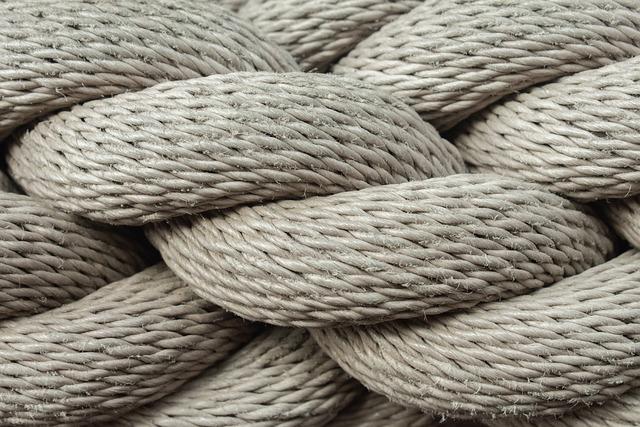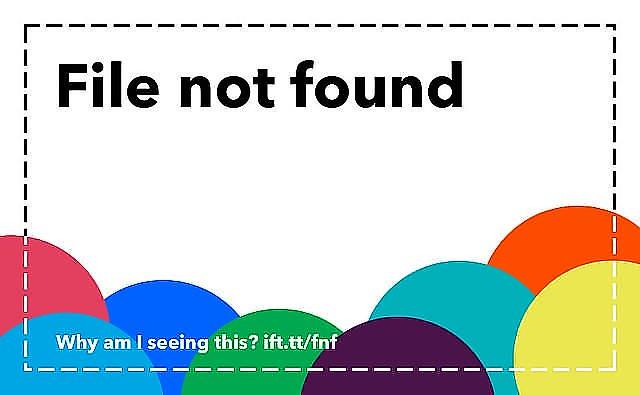In the journey toward achieving optimal health and wellness, understanding the intricate roles of various nutrients is paramount. Among these, fiber stands out as a powerful ally, often underestimated yet undeniably crucial in supporting both weight loss and digestion. As we navigate the complexities of modern diets and lifestyle choices, incorporating adequate fiber into our daily regimen can significantly enhance our body’s ability to maintain a healthy weight and ensure efficient digestive processes. This article delves into the multifaceted benefits of fiber, providing you with a comprehensive understanding of how this essential nutrient can be harnessed to achieve your health goals with confidence and efficacy.
Understanding the Impact of Dietary Fiber on Metabolism
Dietary fiber plays a crucial role in enhancing metabolic processes by promoting efficient digestion and supporting weight loss. When you consume fiber-rich foods, they add bulk to your diet without adding extra calories. This not only helps you feel full for longer periods, but also encourages you to eat less, naturally assisting in weight management. Soluble fiber in particular, found in foods like oats and beans, forms a gel-like substance in the stomach, slowing down the digestion process and stabilizing blood sugar levels. This process aids in preventing sudden spikes in insulin, a hormone known to store fat.
Furthermore, fiber significantly benefits your digestive system. It acts as a natural cleanser, sweeping through the intestines and facilitating regular bowel movements. This reduces the risk of constipation and other digestive issues. Consider incorporating the following fiber-rich foods into your diet for optimal health benefits:
- Whole grains such as quinoa and brown rice
- Legumes like lentils and chickpeas
- Fruits including apples and berries
- Vegetables such as broccoli and carrots
- Nuts and seeds, particularly chia and flaxseeds
By making fiber a staple in your daily nutrition, you not only support a healthy metabolism but also enhance your overall digestive health.
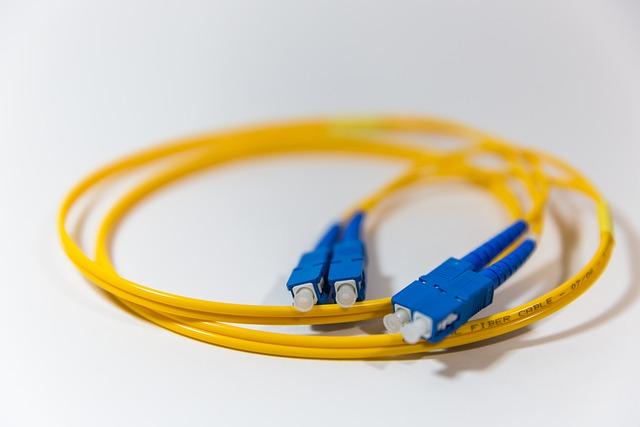
How Soluble and Insoluble Fiber Aid in Effective Weight Management
Incorporating both soluble and insoluble fiber into your diet can significantly enhance your weight management strategy. Soluble fiber dissolves in water, forming a gel-like substance in the gut. This property helps slow down digestion, making you feel full longer and reducing overall calorie intake. By stabilizing blood sugar levels, it prevents spikes that can lead to cravings. Foods rich in soluble fiber include:
- Oats
- Beans
- Apples
- Citrus fruits
On the other hand, insoluble fiber adds bulk to your stool, facilitating regular bowel movements and preventing constipation. This not only aids in detoxifying the body but also supports a healthy metabolism, a crucial component in weight management. By improving gut health, insoluble fiber ensures that nutrients are effectively absorbed, further optimizing your body’s efficiency. You can find insoluble fiber in:
- Whole grains
- Nuts
- Cauliflower
- Potatoes
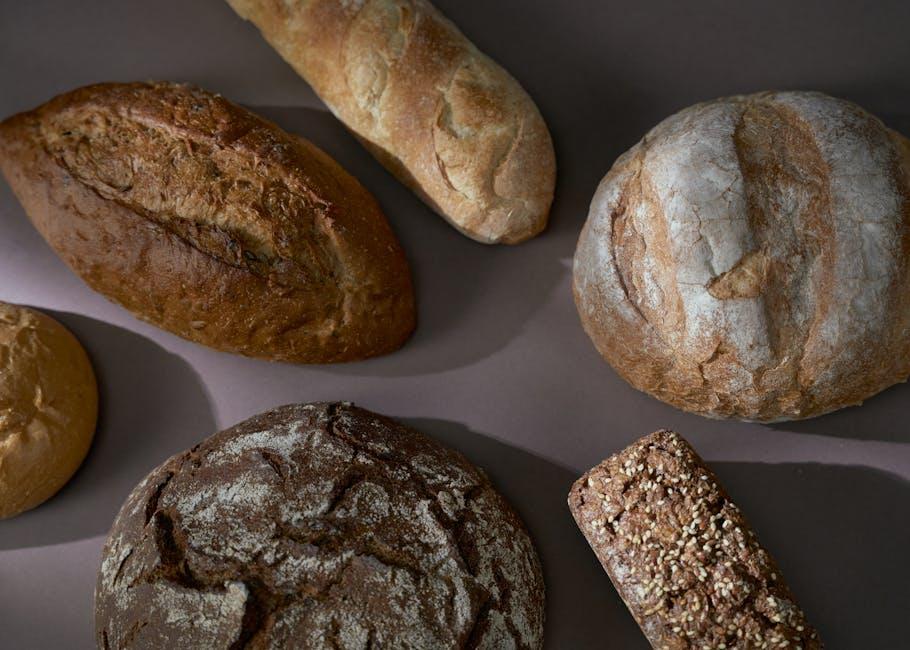
Incorporating High-Fiber Foods into Your Daily Routine for Better Digestion
Boosting your dietary fiber intake can be a seamless part of your daily routine, transforming not just your digestion but also your overall health. Start by integrating whole grains like oats, brown rice, and quinoa into your meals. These grains are rich in insoluble fiber, which adds bulk to stool and aids in regular bowel movements. Don’t overlook the power of fruits and vegetables; apples, pears, carrots, and broccoli are all excellent sources. They provide a mix of soluble and insoluble fiber, offering both digestive benefits and prolonged satiety, crucial for weight management.
- Swap refined breads and pastas for their whole-grain counterparts.
- Add a handful of nuts or seeds, such as chia or flaxseeds, to your salads or smoothies for an extra fiber punch.
- Include legumes like beans, lentils, and chickpeas in your weekly meal plan for a versatile, fiber-rich protein source.
By making these simple adjustments, you can enhance your digestive health while supporting weight loss goals. Remember, consistency is key; gradually increase your fiber intake to prevent discomfort and allow your digestive system to adjust smoothly.
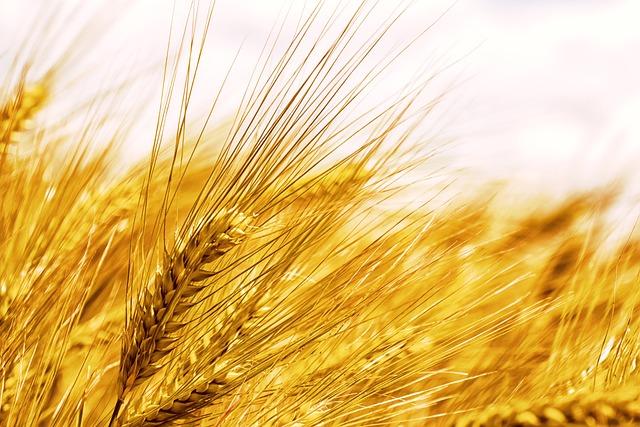
Expert Tips on Balancing Fiber Intake for Optimal Health
Balancing your fiber intake is crucial for maintaining a healthy digestive system and promoting weight loss. To achieve this balance, it’s important to incorporate both soluble and insoluble fiber into your diet. Soluble fiber, found in foods like oats, beans, and apples, helps to slow digestion, stabilize blood sugar levels, and make you feel fuller for longer. Insoluble fiber, present in whole grains, nuts, and vegetables, aids in moving food through the digestive tract, preventing constipation and promoting regularity.
Here are some expert tips to help you manage your fiber intake effectively:
- Start Slow: If you’re new to high-fiber foods, gradually increase your intake to prevent digestive discomfort.
- Stay Hydrated: Drinking plenty of water is essential when consuming more fiber, as it helps fiber do its job effectively.
- Mix and Match: Incorporate a variety of fiber sources in your meals to ensure you get both types of fiber.
- Listen to Your Body: Pay attention to how your body responds to different fiber-rich foods and adjust accordingly.
By following these guidelines, you can optimize your fiber intake for better health and weight management.

